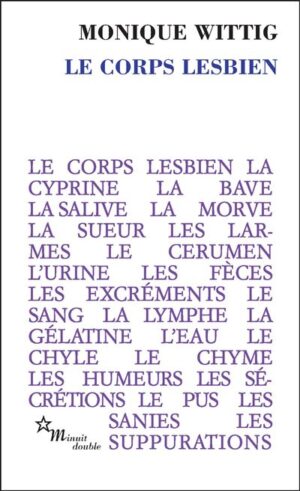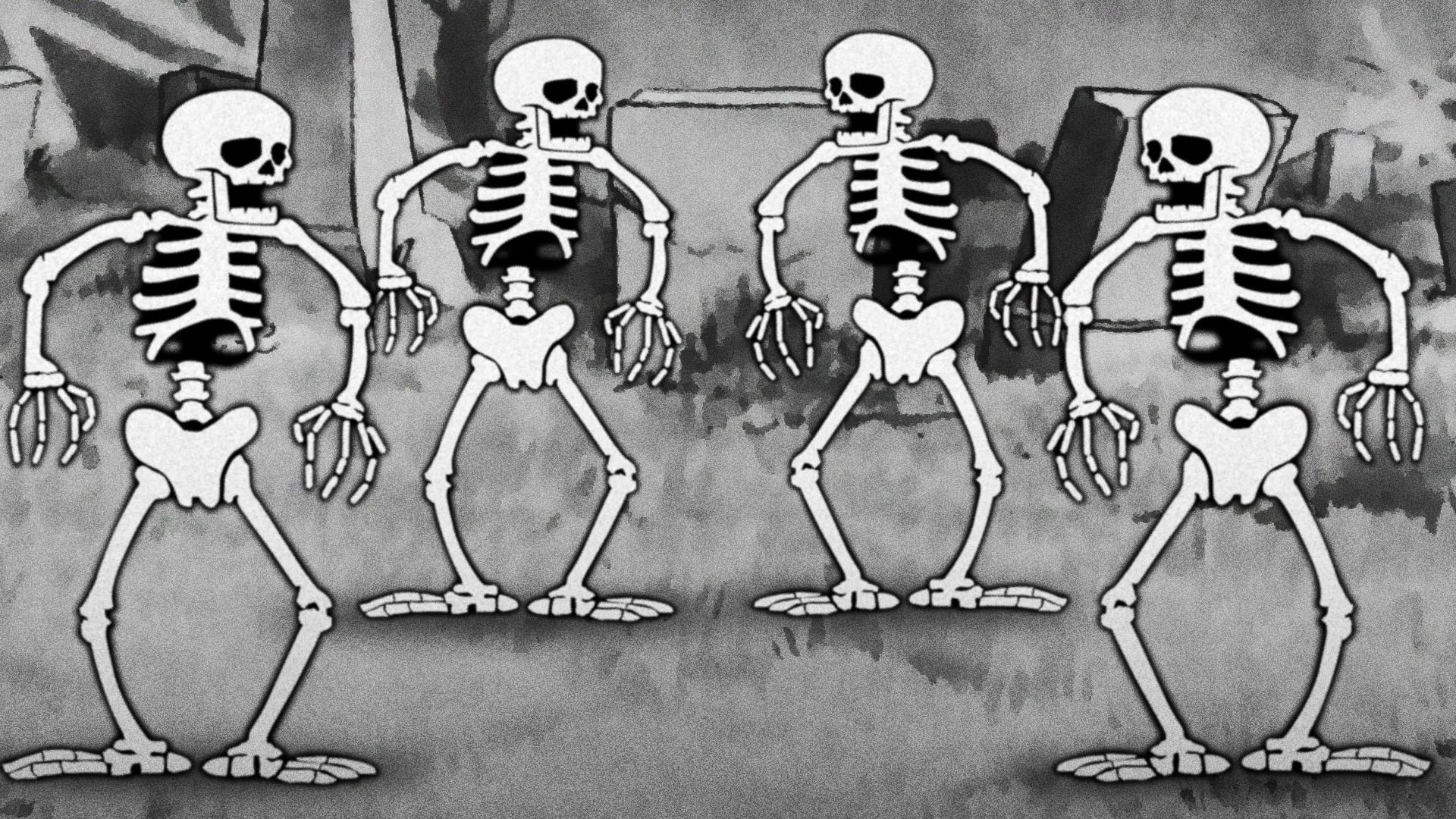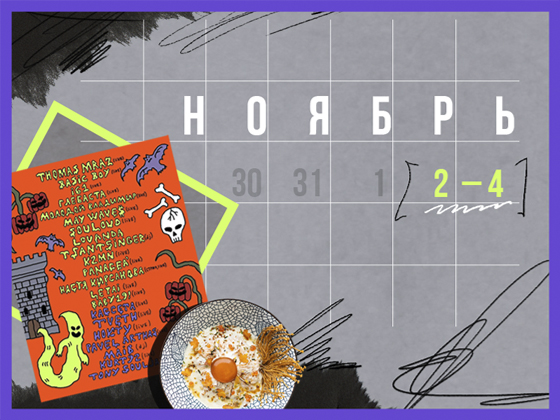“There are many girls who mention you, Wittig here, Wittig there, but Wittig’s face is less obvious! »
In one of her dreamlike encounters with her lesbian and queer heroines, comedian Tahnee L’Autre comes face to face with the theorist and activist Monique Wittig and shows him all his admiration. One moment girl tasty that also testifies to the renewed interest of young feminists for this thinker, erected to the rank of icon.

Born in 1935, Monique Wittig marked the feminist movement in France, but also beyond our borders. He died on January 3, 2003, and the year 2023 begins as a year of celebration of Wittigi’s thought, its vitality, its current echoes and the need to give it the visibility it deserves.
Her name has long remained in the shadow of feminist history. However, in recent years, her work and her reflections have taken an important place among feminists who (re)discover her writings. A welcome renewed interest in the MA student and co-author of Writing in Purple Ink: Lesbian Literature in France from 1900 to the Present Aurora Turbiau :
“It’s because we’re in the midst of a political effervescence – feminist, lesbian, queer, especially! –, because we need to go back to radical texts that bring about the desire for revolution, because we also want to read beautiful texts, which are a little upsetting, which remain in the memory and which nourish for a long time. »
The story of Monique Wittig
To understand the impact of Monique Wittig and her work, we must already go back to the effervescence of the beginning of the feminist movement in France. On August 26, 1970, she was among the few feminists at the foot of the Arc de Triomphe who arrived with several banners reading “There is more unknown than the Soldier, she is his wife”as well as “One in two men is a woman”. They have come to pay homage to the wife of the Unknown Soldier with a wreath of flowers, but will be prevented by the police, under the eyes of various journalists. It is the founding event of the Women’s Liberation Movementan organization that will mobilize for the right of women to control their bodies, especially by fighting for the right to abortion and contraception.

With other lesbians, Monique Wittig militates within the MLF, but will also have to contend with her own limits. “In France the feminists didn’t want us to create lesbian groups, I’ve always been the Turkish head”he recalled in an interview for Publication.
Faced with the impossibility of questioning the heterosexual model and politicizing lesbianism, Monique Wittig joined the Homosexual Revolutionary Action Front (FHAR) created in 1971, but even there she did not find herself in the militant discourse carried out mainly by gay men. You then founded a more radical movement, Les Gouines Rouges, with, among others, Christine Delphy and Marie-Jo Bonnet.
“She’s one of the first to politicize heterosexuality,” explains the radio documentary maker Clemence Allard who worked on Monique Wittig and her legacy.
” With her, “homosexuality is no longer this painful problem” [référence à l’émission de Ménie Grégoire en 1971, ndlr] it is heterosexuality that painful problem, which is already damn happy for lesbians. The problem is that it gets stuck at the level of the feminist movement which is straight, for which the subject “woman” is by default “heterosexual woman” — and probably white, able-bodied… — and for which this theory that makes lesbianism a position revolutionary is imperceptible. »
Monique Wittig will eventually leave for the United States, where she will teach at several universities.
A tribute to Monique Wittig who builds community
Why so much enthusiasm around Monique Wittig twenty years after her death? “It makes us feel like a community”summarizes Clémence Allerard, who points out that this Tuesday, January 3, 2023, several generations gathered around his grave in the Père Lachaise cemetery to honor his memory through a reading » : “It is an element of identity, to affirm Monique Wittig, it is to say something about oneself, who is a feminist, who is a lesbian. »
The @Ami_esWittig organized a reading at Monique Wittig’s grave to commemorate the date of her death and it was beautiful and good pic.twitter.com/Yiwx10tEpc
— emma (@lampionmagique) January 3, 2023
An observation shared by Aurore Turbiau for whom this Hype Wittig is proof that it touches and pillows more than ever: “It is the sign of a need for reference icons, to rely on, that we can celebrate together, and whose work can nourish for a long time, because it is rich and complex. »
The current interest in Monique Wittig’s work should also be considered in light of the emergence of #MeToo and the feminist mobilizations of recent years, observes Clémence Allerard: “You call heterosexuality at the heart of the problem, at the heart of women’s oppression. » Decades before today’s feminists, the theorist addresses, for example, the question of the mental workload, speaking of“private appropriation” of women by men to qualify the domestic work performed by women in the framework of the heterosexual couple, a framework from which lesbians escape.
“Lesbians are not men”
This is definitely Monique Wittig’s most famous quote: “Lesbians are not women” is taken from a lesson found in Direct thinking, a book first published in English in 1992, then only ten years later in French. It still finds an echo today by synthesizing the fact that by withdrawing from heterosexuality, lesbians achieve a special status, that by not being available to men, that by withdrawing from the heterosexual model, they can escape the social category of women.
Because Monique Wittig is coming issue of heterosexuality not as a natural norm or as a sexual orientation but as a political system of categorization and domination of men over women. In this, his revolutionary thinking speaks to certain feminists who today question their marital, sentimental and sexual choices and refuse to renounce their convictions. “He embodies a form of radicalism by coming to theorize these angers”continues Clémence Allerard.
“This apparent radicalism of Wittig, if it is not understood by all feminists, there is the possibility and the will to discuss it, to criticize heterosexuality head-on, even to question the construction of his desires. »
We must not forget the decisive role of some feminists in Monique Wittig’s return to grace: “His partner, Sande Zeig, his niece, Dominique Samson, very close friends like Louise Turcotte or Suzette Robichon [ci-dessous arborant le t-shirt Monike Wittig créé par Roxanne Maillet] »recalls Aurore Turbiau.
See this post on Instagram
In 2023, the association Les Amis de Monique Wittig is therefore offering an entire program of workshops, discussions and meetings around the works of the author and theorist.
Read Wittig in 2023
How to read Monique Wittig today? If at first sight theoretical and philosophical works can be difficult to approach without a solid intellectual and militant background, these literary works can also constitute a first step. “Your political thought is also in the literature that you transmitted it”, recalls Clémence Allerard. The question of going beyond genre categories is, for example, at the heart of Opoponaxhis first novel, which won the Prix Médicis in 1964, a short story in ” we “disturbing, infantile and complex, which questions and fascinates for its revolutionary form.
« Suzette Robichon recommends The Endless Journey [récemment réédité chez Gallimard, ndlr], which is quite short, simpler, with dialogue and a lot of humour. » The text, deviation of Don chisciottewas presented on stage with Nadège Beausson-Diagne and Adèle Haenel in June 2022. Experimental text, The lesbian body He also knows a reprint at Minuit editions in this 2023 literary season.

In 2023, Monique Wittig’s writings continue to shake « Il ya des formes très éclatées, des personnages pas très clairs, ça peut être ardu, mais même si on ne capte pas toutes les références ce n’est pas grave, on peut lire Wittig en se laissant porter par le flow, la Lingua “, assures Clémence Allerard.
“We don’t read Wittig’s work as a manual for being a good feminist, a good lesbian, or a good writer”consider Aurore Turbiau for her part.
“You don’t read it to find some kind of encyclopedia of everything you should think about, all the topics you should be able to cover, all the terms you could use. Anyone who has directly read La Pensée knows it: if it works it is also because it is unstable, insufficient, sometimes tense, awkward or not always perfectly coherent; it’s also because the poetic completes the political, sometimes you don’t understand everything, but perhaps because the meaning simply remains open. Wittig was a very humble person, I don’t think we should read her texts as authoritative treatises, her work has flaws and she doesn’t deny it. »
In the Sexy Wittig episode of the Camille podcast (Binge Audio), Camille Regache receives the radio documentary maker Clémence Allerard.
Why read Monique Wittig, the one who claimed that “lesbians are not women”? to listen again on France Culture with Natacha Chetcuti-Osorovitz.
Monique Wittig was not a woman, by Ilana Eloit in La Déferlante
Photo Credit: Monique Wittig Literary Property, CC BY-SA 4.0, via Wikimedia Commons
More articles about
Rights of LGBTQI+ people
-
Algeria seeks to remove all products with rainbow colors
-
With L’Immensitá, the trans director Emmanuele Crialese signs a personal family drama
-
How Miley Cyrus and FLETCHER lit up the new year
-
2022 was a bad year for women’s rights around the world (and we’ll have to remain vigilant in 2023)
-
11 good news from 2022 to remind us that this year hasn’t been so bad
Source: Madmoizelle
Elizabeth Cabrera is an author and journalist who writes for The Fashion Vibes. With a talent for staying up-to-date on the latest news and trends, Elizabeth is dedicated to delivering informative and engaging articles that keep readers informed on the latest developments.




